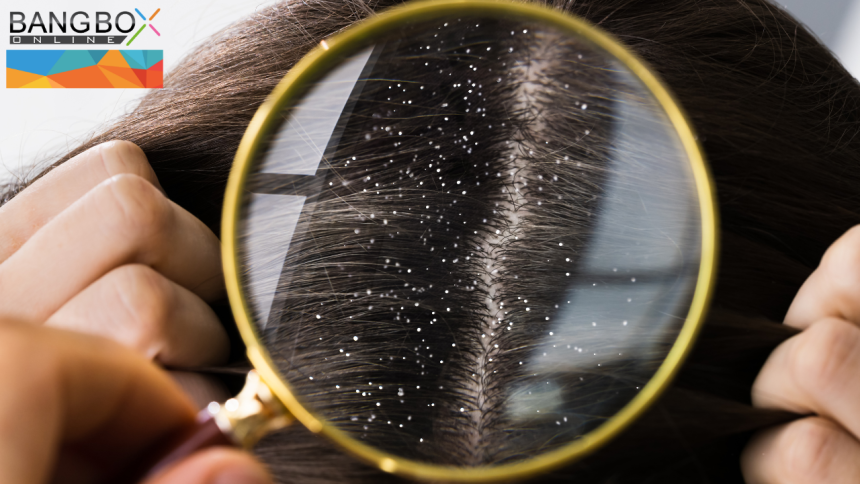
Unveiling the Hidden Impact: Exploring the Drawbacks of Dandruff and the Imperative for Care
2023-08-29 06:23:29 - Ghulam Hussain
Dandruff, though often dismissed as a minor inconvenience, can have far-reaching effects on both our physical and emotional well-being. The flaky, itchy condition of the scalp not only impacts our appearance but can also influence our self-esteem and overall quality of life. In this article, we delve into the disadvantages of dandruff and emphasize why it deserves our attention and care.
The Physical Discomfort
- Itchiness: One of the most common and bothersome effects of dandruff is the persistent itchiness it causes. The sensation of an itchy scalp can be incessant, leading to discomfort, irritation, and even painful scratching. This scratching can damage the scalp's delicate skin, causing redness and inflammation.
- Flaking: The hallmark sign of dandruff is the noticeable shedding of skin flakes. These white or yellowish flakes can be embarrassing, as they can often be seen on clothing and hair. Flaking can also lead to a constant need to brush away the flakes, causing further irritation.
- Scalp Inflammation: Dandruff is closely associated with seborrheic dermatitis, a common skin condition that causes redness and inflammation of the skin. This inflammation can extend beyond the scalp, affecting areas like the face, ears, and even the chest.
Social and Emotional Implications
- Self-Esteem: The visible symptoms of dandruff, such as flakes on clothing and itchiness-induced scratching, can be emotionally distressing. Individuals with dandruff might feel self-conscious about their appearance and may avoid social situations or interactions, leading to a decline in self-esteem.
- Social Withdrawal: Dandruff can contribute to a reluctance to engage in social activities or intimate relationships. The fear of embarrassment or ridicule due to the noticeable flakes can cause individuals to isolate themselves, leading to feelings of loneliness and sadness.
- Negative Body Image: Dandruff's impact on appearance can lead to a negative body image. This negative perception of oneself can have lasting psychological effects, influencing overall mental health and potentially leading to conditions like anxiety and depression.
Hair and Scalp Health
- Hair Loss: While dandruff itself may not directly cause hair loss, the constant itching and scratching can weaken hair follicles, potentially contributing to hair thinning or hair loss over time.
- Quality of Hair: Dandruff can make hair appear dull, lackluster, and unkempt. The accumulation of flakes and the inflammation of the scalp can disrupt the natural balance of oils, affecting hair's texture and appearance.
Why We Need to Care
- Personal Well-Being: Ignoring dandruff's impact can lead to a decline in personal well-being. The discomfort, social withdrawal, and negative self-perception can collectively erode an individual's quality of life.
- Physical Health: The persistent itchiness and inflammation caused by dandruff can lead to skin infections if left untreated. Scratching the scalp can break the skin, creating pathways for bacteria to enter and potentially cause infections.
- Mental Health: The emotional toll of dandruff cannot be understated. The distress caused by self-consciousness and the avoidance of social interactions can contribute to or exacerbate mental health conditions like anxiety and depression.
Conclusion
Dandruff is not merely a cosmetic concern; it has multifaceted implications for physical health, emotional well-being, and personal confidence. Acknowledging the disadvantages of dandruff is crucial to encouraging timely intervention and seeking appropriate treatment. Addressing dandruff not only promotes healthier scalp and hair but also fosters a positive self-image and improved overall quality of life. Remember, caring for your scalp is caring for your entire well-being.
